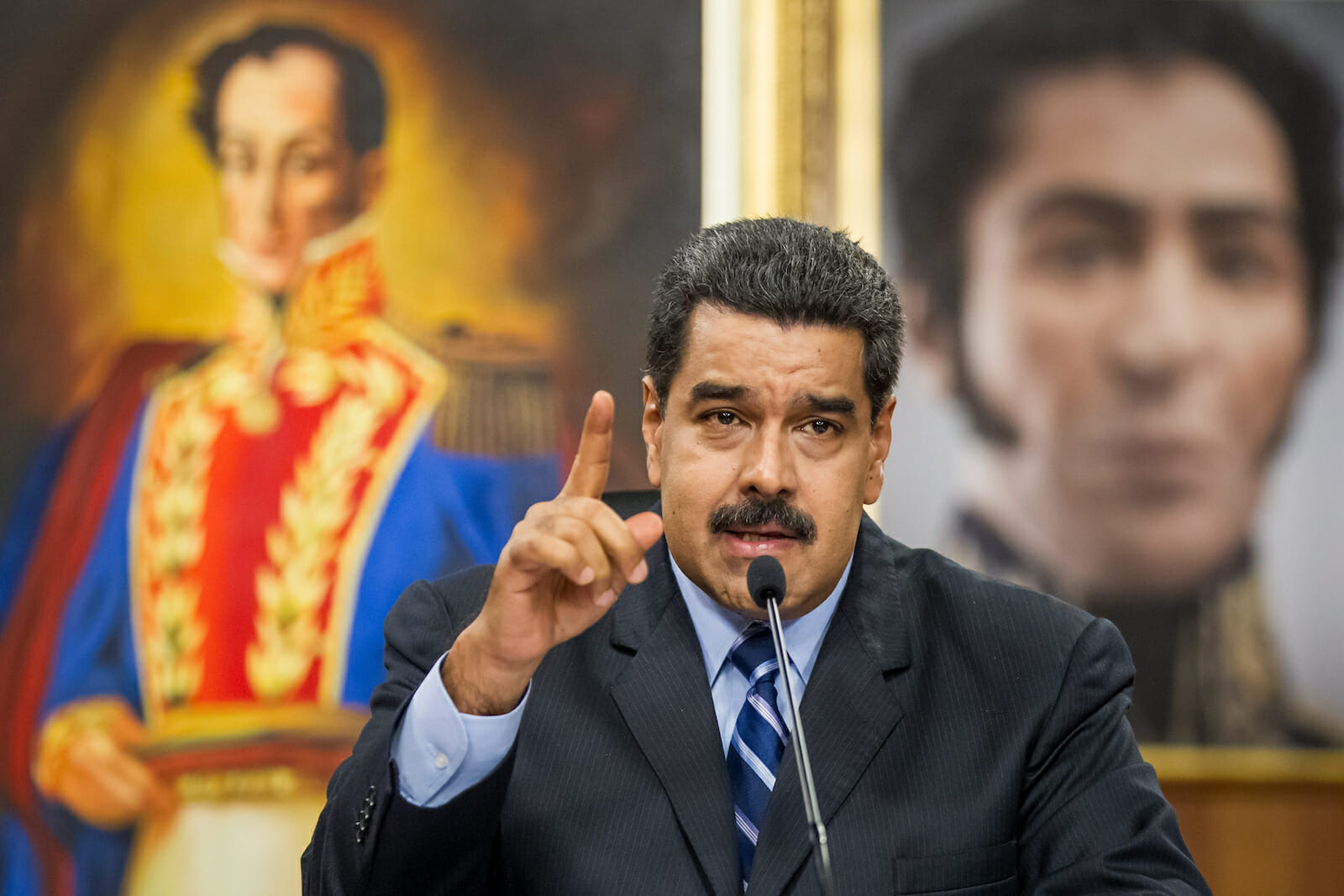
The Venezuelan Crisis: What Comes Next?
For weeks, Venezuela has been caught in a political crisis between the incumbent President Nicolás Maduro and the opposition leader, Juan Guaidó, that has polarized both the local population as well as the international community. The conflict shows little sign of slowing down with few opportunities to de-escalate. Are there any possible options left that do not involve the use of military force?
At the moment, it is difficult to say.
There has been conflict escalation between the two parties at all possible levels. From the local perspective, the population has become polarized in their support, which has led to violence between local groups for years. Since 2017, there have been almost 130 deaths reported, with many of the deceased identified as those who opposed the current government within Venezuela. Most recently, anti-government protestors engaged with security forces at the Colombian border; trucks carrying humanitarian aid were burned and many people from both sides were wounded.
On the international stage, most countries of the world have chosen a side. Russia and China have voiced support for Maduro, while the U.S. has backed Guaidó and his claim as interim president. The Trump administration and Guaidó’s other international allies have attempted to help Guaidó’s cause by sending humanitarian aid. However, the military, who supports Maduro, has prevented any sort of aid from entering the country. This includes threatening to open fire on a Puerto Rican vessel attempting to carry supplies into Venezuela.
So, should the U.S. continue to try to send aid?
Probably not. Maduro has claimed that the humanitarian aid from Western countries, especially the U.S., is a “show” meant to make Venezuela look weak. Despite the circumstances that directly contradict this idea, including hyperinflation, food shortages, and lack of medical supplies, this warning resonates within the country. There is a history of American-influenced coups and military interventions that have taken place in countries such as Nicaragua and Cuba (both Maduro supporters), and many within those nations resent or deeply suspect American actions in the region. Despite the fact that the Venezuelan people desperately need humanitarian aid, the United States may not be the best benefactor. It would be more prudent for the United States to utilize indirect channels, such as international NGOs, to send aid to Venezuela.
Can these two parties broker peace without involving outside military intervention? At the moment, the conflict is still relatively “young,” despite its years-long duration. Neither Maduro nor Guaidó, with support from international actors, have shown any signs of backing down. Since the beginning of this conflict, the U.S. has never ruled out military intervention. In early February, Russia objected to this idea. Nevertheless, on March 25th, Russian military forces landed in Caracas to “fulfill technical military contracts.” With the landing of these military troops, Russia has effectively exacerbated the situation in Venezuela, prompting the U.S. to seriously consider military intervention, which should be avoided due to past contentions.
There have been two distinct attempts to settle disagreements between the Venezuelan government and the opposition movement. In 2016, the Vatican attempted to mediate between the two parties, yet neither side was ready to compromise on their goals, and the negotiation failed. Two years later, the Dominican Republic attempted to lead a coalition of mediators and opened negotiations between Maduro’s government and the opposition. Similar to previous attempts, the parties withdrew because of their inability to reach an integrated solution.
The best way to create productive peace talks lies within Venezuela’s borders. Continual involvement from international parties has created more pressure for each party to act rather than de-escalate. If a local mediation group, free from internal and international bias idealistic as that may be, was formed, there may be a stronger case to address key issues from both parties, especially since local Venezuelans have experienced much of the blowback from the policies of Maduro’s government and Guaidó’s opposition movement.
However, if the hypothetical local mediation group wanted to copy a positive framework, they would only have to look as far as Nicaragua. As previously stated, Nicaragua is an ally of Maduro, and the situation within the country has very similar characteristics to the Venezuelan crisis. In Nicaragua, talks began between Alianza Cívica Nicaragua and the Ortega-Murillo dictatorship over the current sociopolitical crisis. Before even conducting this negotiation, the Nicaraguan government released 100 political prisoners, under the request of the Alianza, as a sign of good faith between the two. In this first meeting between the two parties since the beginning of the Nicaraguan crisis, a plan for operations of negotiations was proposed and a majority of points were agreed upon. While this is only the beginning of the peace talks, the prospects of future talks look bright.
Since Maduro would not accept any sort of Western intervention, seeing a country that supports his policies create viable frameworks for peace negotiations could foster a willingness to open peace talks. However, it is important to note that time may be a factor when attempting to copy this model; Nicaragua has experienced civil unrest for the last several years and is only now beginning to set the framework for peace talks. The Venezuelan crisis has occurred over a few years; there may need to be continued unrest in order for one of the parties to begin utilizing conciliatory tactics.
With the recent development of foreign military presence within Venezuela, there may not be a chance to de-escalate peacefully. However, if there is any chance of creating peace, it lies within the borders of the country.

